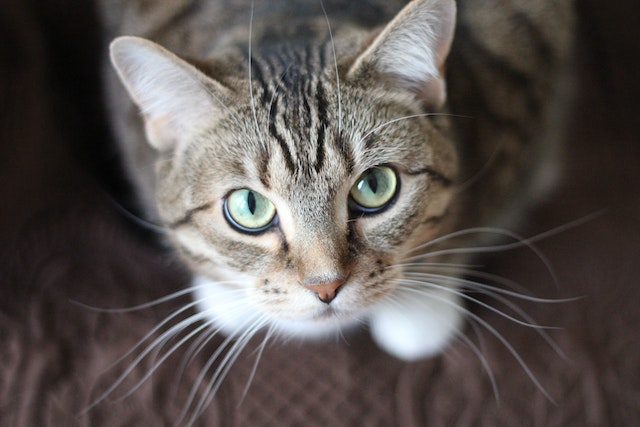What causes cats to fight?

It turns out that cats also love to fight, and here are the reasons why cats engage in fights:
Consolidating or changing their family position:
When a new member joins the household, the resident cats may feel threatened. In order to establish their family or social status among cats, they engage in battles to determine who is the boss of the house. Over time, these fights decrease as they establish their positions and become more peaceful. However, occasionally, a cat with a lower status may challenge for a change in the family hierarchy, resulting in temporary conflicts.
Interactions between a new cat and resident cats:
Some cat owners introduce a new cat to their home without proper isolation and limited interaction time. This can create tension between the existing and new cats. The resident cat may perceive the newcomer as an intruder trying to claim its territory, leading to daily fights as they establish boundaries. The new cat, despite being timid initially, may also refuse to back down, resulting in prolonged conflicts between the two.
It’s best for the cat owner to first place the new cat in an isolated area. Over the course of a week, gradually increase the opportunities for both cats to see each other and familiarise themselves with each other’s scents. The isolation area can be removed once they become more comfortable with each other.
Asserting territorial dominance:
Even within a home, certain areas may be frequented by specific cats, and they consider those places as their own. They may engage in fights if another cat shows an interest in or tries to claim those spots, as they want to retain control over their chosen territory.
Presence of other animals’ scents: When a cat returns home from a pet store or being outside, the resident cat may exhibit a cautious behavior, wanting to approach yet being wary. This is because they can smell the scent of other cats on the returning cat, which triggers their alertness and can lead to confrontations.
Stress factors:
Stress in cats can be both internal and external. External factors include changes in the environment that make cats more sensitive. Cats under mild stress may seize opportunities to release their emotions through fights. Internal factors involve physical ailments, which can make cats irritable, resulting in sudden aggressive behaviour.
In general, minor play fights among cats can be considered as a way for them to bond. As long as the fights are not causing distress or injury, it may not require intervention. However, if a cat is frequently involved in fights, it is important to observe the situation closely and address any underlying issues.
